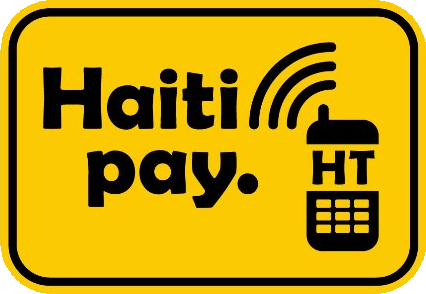
Acoer
Acoer is an Atlanta-based technology firm founded in 2015 that specialises in developing blockchain-enabled software for the healthcare industry. The company's mission is to make health data more connected, usable, and secure by creating interoperable solutions that break down data silos and provide real-time insights.
Acoer's product suite includes the Health Data Explorer for analyzing medicolegal death investigation data, and HashLog, a data management and visualization tool. One of its key technologies is the Cryptographic Data Mesh, which creates a tamper-proof, auditable trail for data transactions. The company also developed RightsHash, a decentralised engine that uses NFTs to manage individual rights, such as patient consent for clinical trials.
Acoer's solutions are fundamentally integrated with the Hedera network. The company utilises the Hedera Consensus Service (HCS) to create immutable logs of data transactions, ensuring a verifiable "chain of custody" for sensitive health information. This allows Acoer to provide computational trust and cryptographic proof of data authenticity.
Project Information
Related Projects

HaitiPay is a Haiti-based fintech company focused on digitalizing the country's economy and increasing financial inclusion for underserved communities. Its core services are delivered through an API-enabled digital banking platform. This includes a mobile wallet that is designed to be universal and telecom-agnostic, capable of turning even basic feature phones into electronic payment devices.
The platform facilitates a range of financial transactions, including local and cross-border e-payments and remittances. By enabling electronic payments, HaitiPay supports merchants in expanding their sales and provides a secure and traceable way for all users, from rural farmers to urban merchants, to access digital financial services.
In collaboration with EMTECH, a CBDC infrastructure provider, HaitiPay has developed a proof-of-concept for a potential Central Bank Digital Currency (CBDC) in Haiti. This solution is built on the Hedera public distributed ledger, chosen for its high throughput, low fees, and security. This integration is designed to lower the cost of payments and provide seamless access to digital cash.

Hashgraph Application Studio is a specialized no-code/low-code development platform designed to build and deploy enterprise-grade decentralized applications (dApps) on the Hedera network. It is the result of a strategic partnership between Joget Inc., an open-source application development firm, and The HBAR Foundation. The studio essentially provides a Hedera-centric version of the Joget platform, aiming to democratize dApp development by making it accessible to users with limited or no coding expertise.
The platform’s core functionality revolves around a visual, drag-and-drop interface. This allows users to design application workflows, create user interfaces, and manage data without writing extensive code. A key feature is the "Hedera Ledger Pack," a pre-built integration that simplifies complex interactions with Hedera’s native services. Through simple configuration, users can perform on-chain actions such as creating accounts, transferring HBAR and HTS tokens, minting and burning NFTs, and logging data to the Hedera Consensus Service (HCS).
By abstracting the technical complexities of blockchain, the Hashgraph Application Studio significantly accelerates the development lifecycle for Hedera-based projects.

Tejouri is a highly secure digital vault platform designed for the storage and management of sensitive personal and corporate documents. Launched by Moro Hub, a subsidiary of Digital DEWA (Dubai Electricity and Water Authority), Tejouri provides a trusted environment for users to safeguard their most vital information, including passports, financial records, contracts, and health data. The platform combines secure, UAE-based data centers with the transparent trust layer of a public distributed ledger.
The core of Tejouri’s advanced security model is its integration with the Hedera blockchain network. While the actual documents are stored securely off-chain, every critical action performed within the vault, such as uploading a file, sharing a document, or executing a digital signature, is recorded on the Hedera Consensus Service (HCS). This process creates an immutable and publicly verifiable audit trail. A cryptographic fingerprint (hash) of the event is logged on the Hedera ledger, providing a permanent, tamper-proof timestamp and record of the transaction.

Bonzo Finance is an open-source, non-custodial lending and borrowing protocol built on the Hedera network. It is a fork of the popular Aave v2 protocol and is designed to serve as "The Liquidity Layer" for the Hedera DeFi ecosystem.
The core of Bonzo Finance's service is its decentralized platform that allows users to lend and borrow a variety of cryptocurrencies, with a focus on HBAR, native USDC, and other Hedera ecosystem assets. Users supply crypto to the protocol to earn interest, provide liquidity, and as collateral for loans.
Bonzo Finance also offers "flash loans," which are uncollateralized loans that must be repaid within a single transaction. It has its own governance token, $BONZO.
Bonzo Finance is built on the Hedera Smart Contract Service, and it is designed to be fully compatible with the Hedera Token Service (HTS). It also utilizes the Hedera Consensus Service (HCS) for its verifiable points and rewards program.
